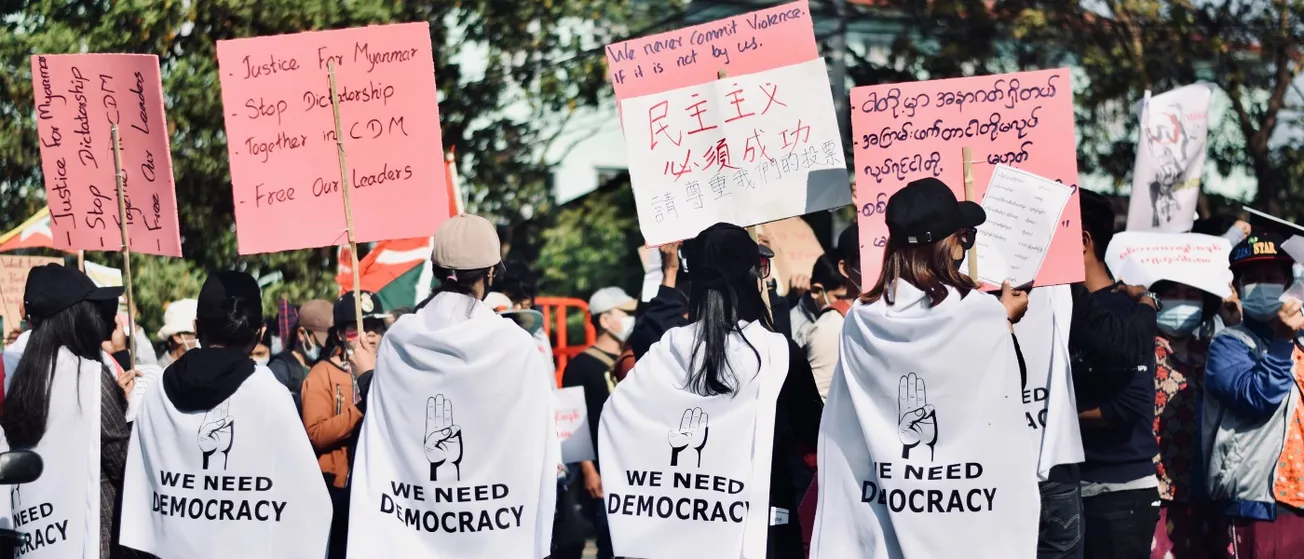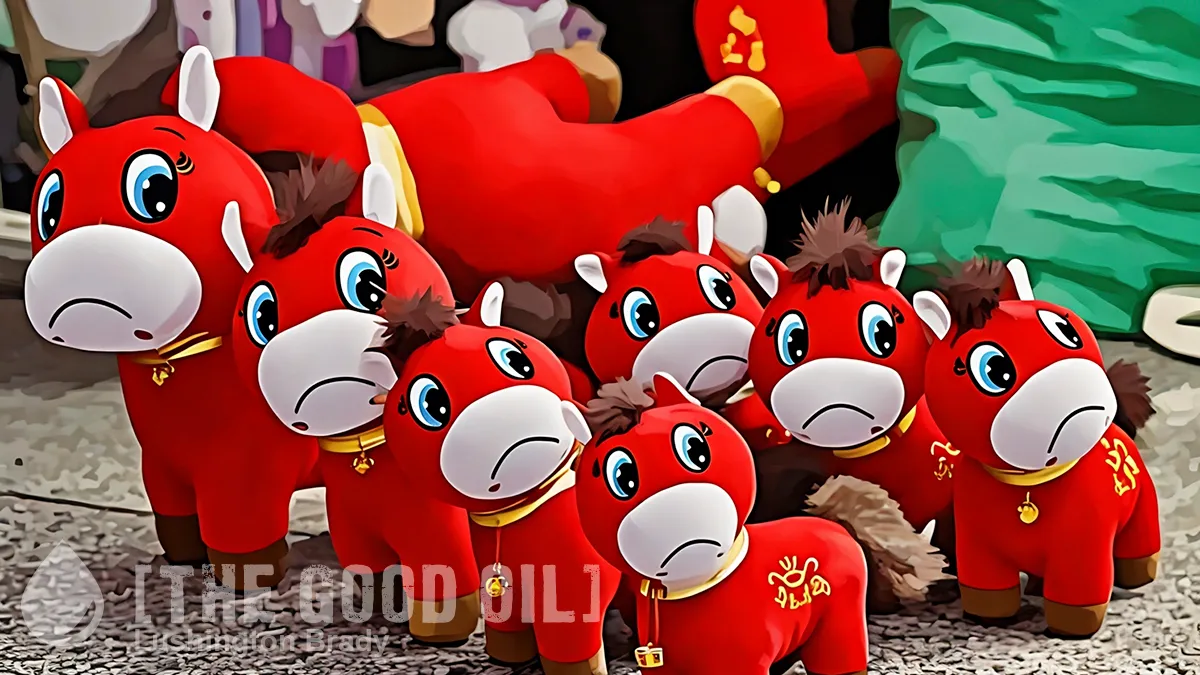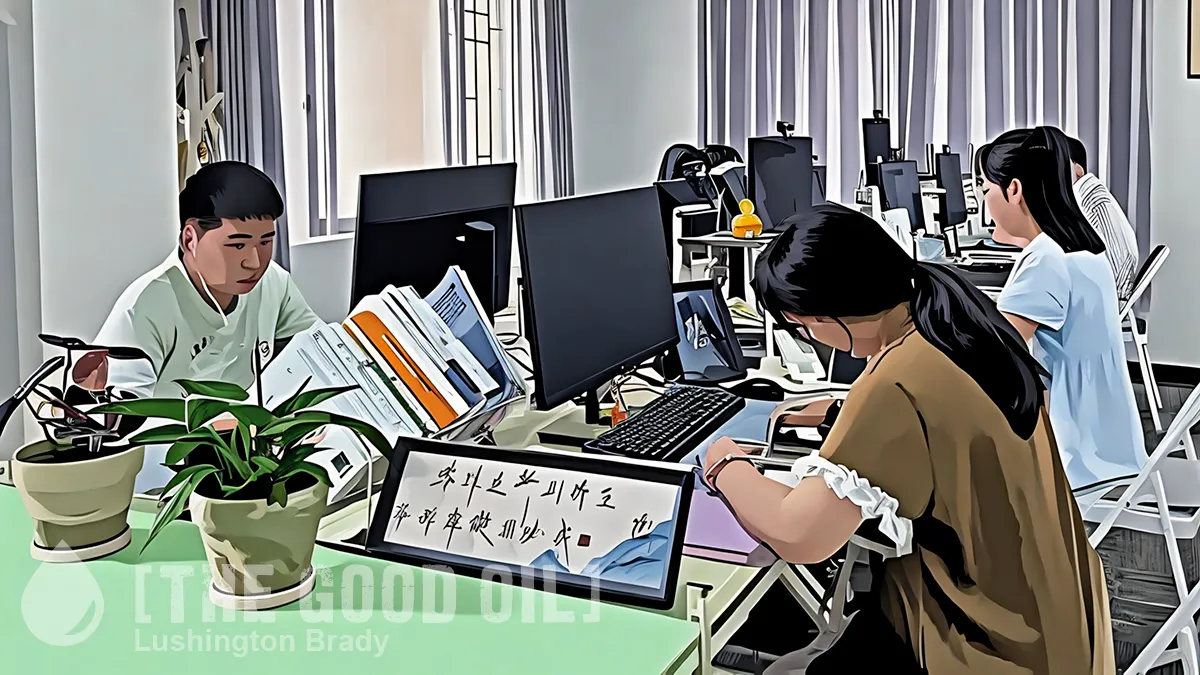Table of Contents
Antonio Graceffo
Antonio Graceffo, PhD, China-MBA MBA, is a China economic analyst teaching economics at the American University in Mongolia. He has spent 20 years in Asia and is the author of six books about China. His writing has appeared in The Diplomat, South China Morning Post, Jamestown Foundation China Brief, Penthouse, Shanghai Institute of American Studies, Epoch Times, War on the Rocks, Just the News, and Black Belt Magazine.
China is grappling with the unravelling of its control over the ethnic resistance armies it previously supported in Myanmar, compelling the Southeast Asian country’s Beijing-backed junta to intervene and restore order.
The stakes are high, as this turbulence jeopardizes the progress of Xi Jinping’s Belt and Road Initiative (BRI) projects. In an unprecedented twist, Myanmar’s Burman majority is backing ethnic rebel groups, which are now forming alliances and gaining ground against government forces. This unexpected development raises serious questions about the future of Beijing’s investments in the region.
In Burma’s 70-plus years of civil war, China has been funding multiple ethnic resistance armies, as well as serving as the primary benefactor of the junta, playing both sides against the middle, to create the best outcome for Beijing’s foreign policy and economic gain. Since the military coup in 2021, which resulted in the ouster and arrest of the democratically elected leader, Nobel Prize winner Aung San Suu Kyi, fighting between the rebels and the junta has escalated dramatically.
For most of the conflict’s long history, the rebels were divided along ethnic lines. The Shan, Karen, Wa, Kerenni, Arakan, Rohingya and other ethnic groups each had their own resistance army, fighting in the jungles of their ethnic states. The Burman majority tended to be city dwellers who, although they opposed military rule, regarded the ethnic guerillas as terrorists.
This all changed, however, when the junta invalidated the election and arrested Aung San Suu Kyi, who has long been the face of democracy in Burma. At that point, even city residents and ethnic Burmans realized that their last hope for a peaceful transition to democracy had been dashed, and they joined the fight.
China’s stake in Myanmar
Beijing has long been a primary investor and trade partner giving financial support to the junta. While China does not care about democracy or human rights, it does care about stability, because it needs to know that its investments will be safe. David Eubank, a former US Special Forces officer and founder of the Free Burma Rangers aid group, explained via remote interview: “For political reasons, China supports the regime, but they don’t want the country to become a democracy. So they’re still trying to stay in control of trade and their own security.”
To this end, Beijing pays ethnic armies to protect Chinese construction projects, even though these same armies are fighting against the junta which Beijing pays to maintain peace in the country. At the same time, the junta knows that the money they receive from China comes from China’s trade and investment in the country, so the junta is incentivized to protect Chinese projects. The rebels also know that the junta benefits from China, so they are incentivized to attack those projects.
Eubank described an experience which clearly illustrates the relationship between ethnic armies, the junta, and Beijing: “Once, in Kachin State, I saw the pipelines and bridges linking Burma with China and asked if the Kachin resistance armies had considered blowing them up. The soldiers said, ‘No, because China pays us not to and threatened to slaughter everyone if we did.’”
The coup came right in the middle of the pandemic, when Beijing’s outbound investment was slowing. Now that China is looking outward again, and because its domestic economy is grinding down, Xi Jinping is anxious to restart the China-Myanmar Economic Corridor (CMEC) portion of the BRI. The CMEC is particularly important to Beijing because it includes critical gas and oil pipelines and a rail link, offering China access to the Indian Ocean. However, fighting has escalated in the vicinity of these projects, threatening the junta’s hold and undermining stability for Chinese investment.
An increasingly unstable environment
As attacks on junta military bases in Northeast Myanmar have increased, the leader of the military government has said that the country is in danger of succumbing to instability because of the border situation. Chinese citizens have fallen victim to the increased violence, with one killed and two wounded when the junta shelled the town of Laiza, where the ethnic armed group the Kachin Independence Army (KIA) is headquartered. One artillery shell even landed on the Chinese side of the border. China’s foreign minister said that China will ensure security on the Myanmar border. Senior Chinese diplomat Nong Rong paid a visit to Myanmar on November 10, asking the junta to ensure the safety of Chinese citizens and to help maintain border security.
Since initiating a coordinated offensive, the Myanmar National Democratic Alliance Army (MNDAA), consisting of multiple armed ethnic groups working together, has seized control of several military outposts in the northern Shan state. This area hosts several projects integral to the CMEC. Among them are crucial oil and gas pipelines directing resources to China, along with a planned billion-dollar rail link set to connect China’s Yunnan Province with Kyaukphyu on Myanmar’s Indian Ocean coast. Notably, ethnic armed groups had previously pledged not to target China-backed initiatives. However, the recent attacks have effectively halted regional trade with China.
It is unclear if China is cutting ties with the ethnic armed groups, which they had previously supported, or if the ethnic armed groups have turned on their former benefactors.
The United Wa State Army (UWSA), one of the most powerful ethnic armed resistance groups, has had a ceasefire with China for several years. However, they have remained the primary arms supplier for the MNDAA. Perhaps Beijing is trying to reign them in. In October, China issued arrest warrants for two leading members of the United Wa State Party (UWSP) and the UWSA, and detained a deputy commander of the UWSA. Even more remarkable, one of the detainees is the nephew and one is the son-in-law of UWSP/UWSA Commander-in-Chief Bao Youxian. All three men have been charged, by China, of participating in cross-border telephone scam operations.
Will the resistance win?
Despite the intense fighting, Beijing is pressuring the junta to move ahead on the BRI. Long term, China needs the situation in Myanmar to stabilize, yet Beijing does not want the country to become a free and open democracy. Having to answer to the people and to provide transparency on its investments would not suit Beijing’s needs.
For Beijing the best situation would be a powerful and corrupt military junta that can keep order, while accepting Beijing’s money without question, and which would continue protecting Chinese investments. It is possible that Beijing will be able to exploit the most recent fighting and use it to its advantage. Now, in addition to being the benefactor, China can play the role of peace mediator, attempting to get all sides to stop fighting and agree to allow China’s projects to continue. However, Xi Jinping may find it harder to convince the ethnic groups of giving in this time around because there finally seems to be a chance of victory.
“I believe the resistance will win,” said Eubank. “There is almost no outside help, which would speed things up. The junta on the other hand, has aircraft, helicopters, jets — all kinds of things the resistance does not. And the junta has friends, Russia and China are actively arming them, North Korea is giving them missiles and rockets, and Iran is providing drones. So, those are some bad friends. But I think they will fail. I hope they will.”
He went on to explain why this time is different: “What I see is, people working out a shared democracy, Burmans and ethnics working this out together, here in the jungle. I am from the Don Quixote School of Optimism. But it is not hopeless. We have trained thousands of Burmans who have fled to the jungle to support the resistance, doctors, lawyers, college students, intellectuals, and even housewives. This shows a unity that has never existed in Burma before. And the military successes of the ethnic armies, although they are small and haphazard, the resistance-controlled areas are expanding.”
He believes that the rebels now control about two thirds of the country’s landmass. “The junta controls major cities and towns and border crossings, but the resistance controls the space in between.”
China will try to convince, cajole, and politic, while generously handing out cash. But, while junta soldiers fight for employment and Chinese interests fight for profits, the rebels are driven by a quest for freedom, democracy, and an end to genocide. Their motivation stems from fighting for their own people in their own homelands, a cause that carries more weight than mere employment or financial gain.









